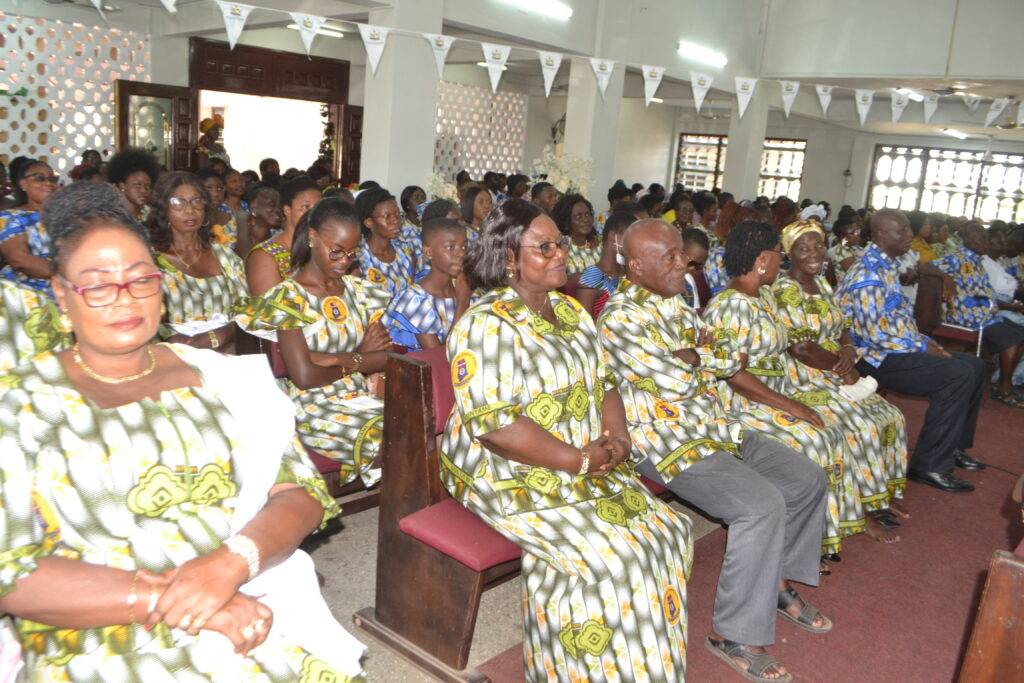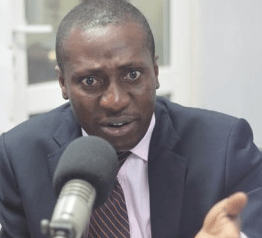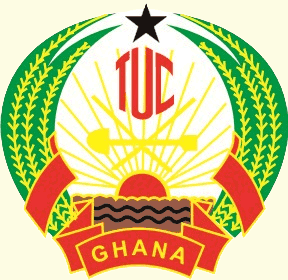
Panelists at a round table discussion have unanimously rejected amendments tabled by the government to regulate legal education in Ghana.
The Law professors, MPs and private legal practitioners say the amendments have not only failed to meet the requirements of the constitution but also completely ignored the needs of the society.
The government in February last year laid the Legal Profession (Amendment) Bill, 2018 seeking to make amendments to the existing Act passed in 1960.
The amendment bill is currently with Parliament’s Constitutional and Legal Affairs Committee waiting deliberations.
It makes substantial amendments to the old law described as outdated and needing complete scrapping.
CDD-Ghana organized a forum attended by law lecturers, Members of Parliament, law students, to discuss the proposed amendments.
Lead campaigner for a complete overhauling of Ghana’s legal education – a campaign which saw him filing a case in 2015 against the General Legal Council – Prof. Stephen Kwaku Asare, led the discussion with an illuminating presentation.

Prof. Stephen Kwaku Asare
He traced the quagmire of legal education in Ghana to the establishment of the Ghana School of law to produce lawyers quickly to meet the needs of an emerging Ghana which had just won independence.
With time, the School was designed to offer finishing touches to trained lawyers from the only University then, now the University of Ghana.
It is shocking, he maintained, that the Ghana School of Law has now been clothed with superior stature compared to the universities.
He said current legislation which government is seeking to amend is so fundamentally and incurably flawed that no amendments can render it a useful law which caters for the modern needs of legal education.
A new bill for legal education, he contended, should rather be drafted and laid before Parliament for deliberation and passage into law.
Touching on the first four of the proposed amendments, Prof Asare (who prefers to be called Prof. Kwaku Azar said clause one, which increases the period of pupillage from six months to one year is not only very extravagant, it is neither necessary nor fruitful.
Why are we rationing education? This is his question when he assessed clause two of the amendment which will empower the General Legal Council to allocate quotas to Universities that the Council has approved to run Bachelor of Law programmes.
Clause three which introduces the requirements of an entrance examination and interview for applicants into the law school seems to irk the accounting Professor who is a qualified lawyer in the United States.
Ruling on his suit, the Supreme Court declared the entrance exam and interview as unlawful but asked the GLC to state steps to rectify the illegality.
But Prof. Asare said legitimizing blatant illegality such as found by the Supreme Court only imposes untold hardship on citizens whose only crime is that they have chosen to study.
With that exam leakage that hit the Independent Examinations Committee- the body charged with conducting both the entrance and Bar examinations and which Clause Four establishes in the proposed amendment – Prof. Azar said there is sufficient proof that the body cannot be relied on to administer credible exams.
The amendments are a poor attempt to put a plaster on a weak and creaky foundation incapable delivering education to a yearning population desirous of acquiring legal education, he said.
As a solution, he said the Ghana School of Law as currently is, should cease admitting LLB holders for the professional law course. He believes the need for the School is based on a false distinction between the theory and practical aspects of legal education. In reality, no such distinction exists.
Law faculties should, therefore, be allowed to teach all courses and prepare students for a Bar exam, to be administered twice every year. This is what the medical and dental council and accounting professionals do in Ghana.
The concern of the GLC should be protecting Ghanaians from bad lawyers which it can do through measures other than preventing people from studying.
Law lecturer at GIMPA Law School, Clara Beeri Kasser-Tee, agreed.
“Liberalise legal education,” she emphasized. Limiting the number of people who access legal education serves no useful purpose for the country, she stressed.

Competition, which is bound to result from an avalanche of trained lawyers in the market, is the fuel that will ignite creativity, passion and ingenuity amongst lawyers, the private legal practitioner said.
The General Legal Council should not be running a law school in the first place, she added.
Clara’s fellow law lecturer at GIMPA, Justice Srem Sai, agreed that the artificial distinction drawn between theory and practice should be eliminated.
He is convinced the various faculties of law are capable of teaching and preparing students adequately for a Bar Exam.
Chairman of Parliament’s Constitutional and Legal Affairs Committee, Mr Ben Abdallah, said the Committee fully shared the concerns raised about the limited access to legal education in the country.
He said the Committee could do little about the proposed amendments tabled before the House as it lacks the power to change it.

He, however, assured that the Committee will be holding public fora to collate views and suggesting same to the executive.
A ranking member of the Committee and MP for Tamale Central, Alhaji Inusah Fuseini, pointed out the Memorandum accompanying the amendment bill did not comply with the constitutional requirement of stating the reasons for the bill and the mischief it is seeking to cure.
He shared the sentiments of the earlier speakers that the current system of legal education falls short of the needs of a modern democratic state.
There is consensus in parliament on the need to expand access to legal education by removing the strictures imposed by the current system.
Read Full Story














Facebook
Twitter
Pinterest
Instagram
Google+
YouTube
LinkedIn
RSS